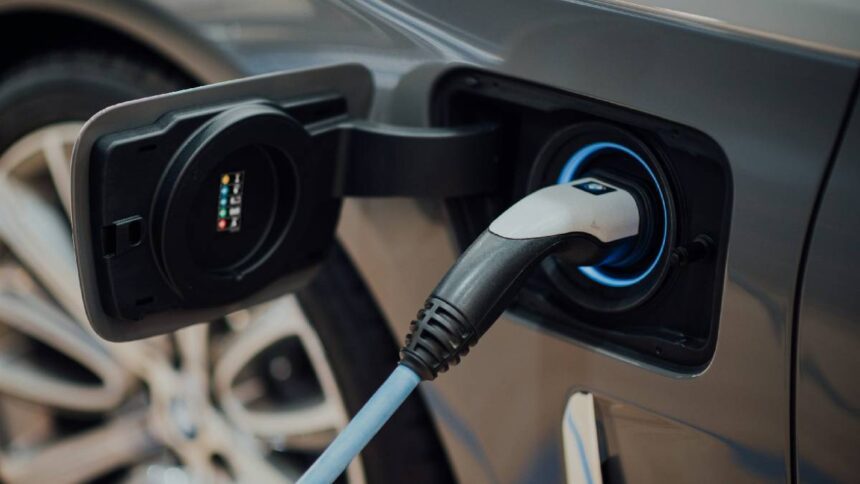The Central Government has issued operational guidelines for the installation of approximately 72,300 public electric vehicle (EV) charging stations across the nation. This initiative is funded through a Rs 2,000-crore allocation as part of the larger Rs 10,900-crore PM E-DRIVE scheme. The new regulations introduce a tiered subsidy structure aimed at facilitating the establishment of EV charging infrastructure at various sites.
Tiered Subsidy Structure
| Location | Upstream Infrastructure Subsidy | EV Charging Equipment Subsidy | Condition |
| Government Premises (Offices, hospitals, educational institutions, residential complexes) | 100 per cent | 100 per cent | Chargers must offer free public access. |
| Publicly Owned Locations (Railway stations, AAI airports, PSU OMCs retail outlets, bus/metro stations, municipal parking lots, ports, NHAI/State toll plazas) | 80 per cent | 70 per cent | NA |
| General City/Highway Locations (Streets, shopping malls, market complexes, highways, expressways) | 80 per cent | No specific percentage mentioned for equipment | NA |
| Battery Swapping / Charging Stations (Any location) | 80 per cent | No specific percentage mentioned for equipment | NA |
Implementation and Focus Areas
The guidelines require eligible entities, including Government of India Ministries and State/UT governments, to appoint nodal agencies tasked with:
- Aggregating demand for EV public charging stations.
- Identifying high-priority locations.
- Submitting consolidated proposals via a dedicated online portal to the Ministry of Heavy Industries.
Bharat Heavy Electricals Limited (BHEL) will act as the Project Implementation Agency (PIA) for the overall deployment of public EV charging stations. Subsidy payments will be made in two tranches, with funds released only upon meeting specified compliance and performance benchmarks.
The Scheme Will Primarily Focus On:
- Urban centers with populations over one million.
- Smart cities and metro-connected satellite towns.
- State capitals.
- High-density National and State Highways.
- Additionally, key public transport hubs, such as railway stations, airports, and fuel retail outlets, have been designated to receive infrastructure support.
ALSO READ: Maruti Suzuki Invicto achieves Bharat NCAP 5-star safety rating










